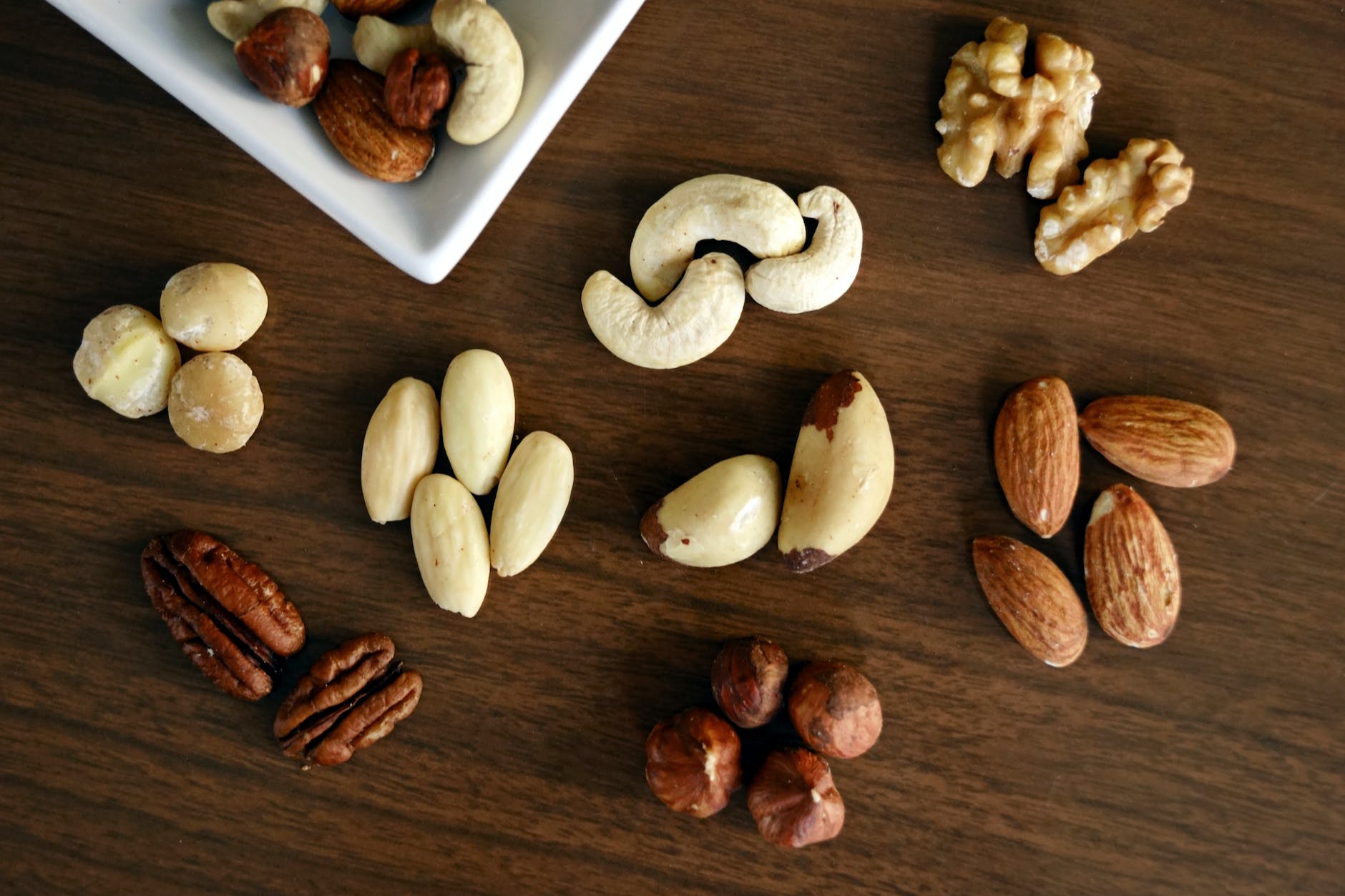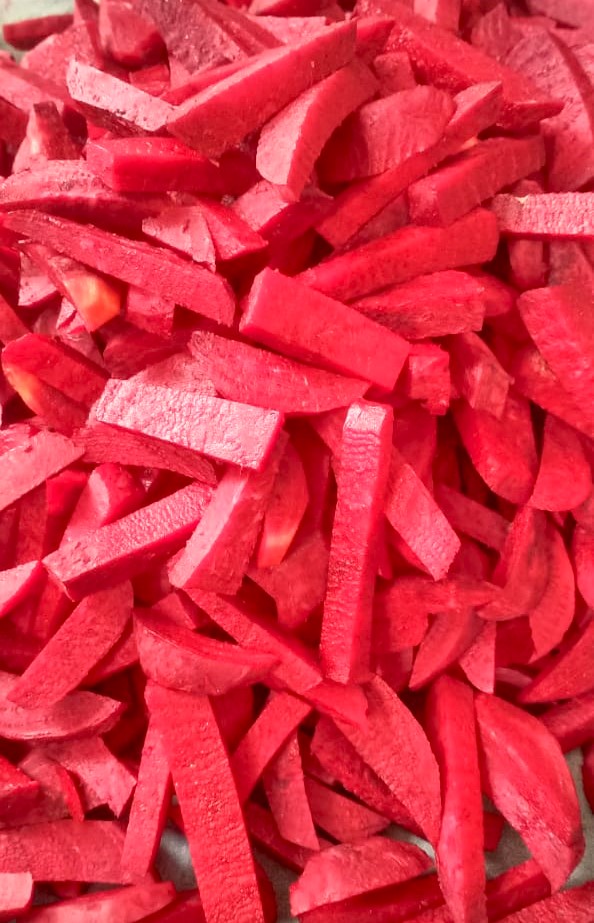
1. Introduction
The prostate, a small gland located below the bladder, plays a crucial role in male reproductive health. But did you know that your daily cup of joe might influence its well-being? Dive into the world of coffee and discover its potential effects on the prostate.
2. What the Research Says: Coffee’s Impact on Prostate Health
– Coffee and Prostate Cancer Risk
Recent studies have stirred the pot on this topic. The New York Times highlighted research suggesting that avid coffee drinkers might have a reduced risk of prostate cancer. However, an NIH study poured cold water on this, finding no significant link.
– Decaf vs. Regular Coffee
Is it the caffeine or the coffee? Some believe that decaffeinated coffee might offer similar benefits without the jitters.
– Caffeine and Prostate Enlargement (BPH)
Benign prostatic hyperplasia (BPH) is a common condition in older men. Healthline suggests that excessive caffeine might exacerbate symptoms.
3. The Science Behind Coffee and Prostate Health
– Antioxidants in Coffee
Coffee is rich in antioxidants, which combat inflammation. This could be the key to its potential benefits for the prostate.
– Hormonal Effects
Some researchers believe coffee influences hormone levels, which might impact prostate health.
– Metabolic Changes
Your metabolism gets a boost with every cup of coffee. This metabolic shift could play a role in prostate health.
4. Other Beneficial Components in Coffee
– Chlorogenic Acid
This compound, found in coffee, might have several health benefits, including for the prostate.
– Diterpenes
These compounds have a mixed reputation. While some studies praise their health benefits, others raise concerns about potential risks.
– Cafestol and Kahweol
These lesser-known coffee compounds are under the microscope for their potential effects on prostate health.
5. The Flip Side: Potential Concerns and Limitations
– Varied Research Outcomes
For every study praising coffee’s benefits, another finds no significant association. It’s essential to brew over the entirety of the research.
– Amount of Coffee Consumption
While a cup or two might be beneficial, excessive consumption could lead to other health issues.
– Other Lifestyle Factors
Coffee drinkers often have other habits, like a specific diet or exercise routine, which might influence the results.
6. How to Consume Coffee for Prostate Health
– Optimal Amount
Most research suggests 2-4 cups a day might offer the most benefits without significant risks.
– Considerations for Decaf
For those sensitive to caffeine, decaf might be a good option. However, ensure the decaffeination process doesn’t involve harmful chemicals.
– Brewing Methods
French press, espresso, or drip – does the method matter? Some believe that certain methods might retain more beneficial compounds.
7. Other Foods and Drinks Beneficial for Prostate Health
– Green Tea
Rich in antioxidants, green tea has been lauded for its potential prostate benefits.
– Tomatoes and Lycopene
This red fruit (yes, it’s a fruit!) contains lycopene, which might be beneficial for the prostate.
– Nuts and Seeds
Brazil nuts and pumpkin seeds are often recommended for those concerned about prostate health.
8. Conclusion and Recommendations
In the world of health and nutrition, few things are black and white. While coffee might offer some benefits for prostate health, it’s essential to consume it as part of a balanced diet and healthy lifestyle. As always, consult with a healthcare professional about any concerns.
9. Frequently Asked Questions (FAQs)
- How much coffee is too much?
- While individual tolerance varies, most research suggests sticking to 2-4 cups a day.
- Are there other drinks beneficial for prostate health?
- Green tea, pomegranate juice, and even red wine (in moderation) have been suggested.
- What are the symptoms of prostate issues?
- Difficulty urinating, frequent urination, and discomfort are common symptoms. Always consult a doctor for a proper diagnosis.
Blog Tags: Coffee, Prostate Health, Caffeine, BPH, Prostate Cancer, Decaf Coffee, Antioxidants, Prostate Diet, Prostate Research.












